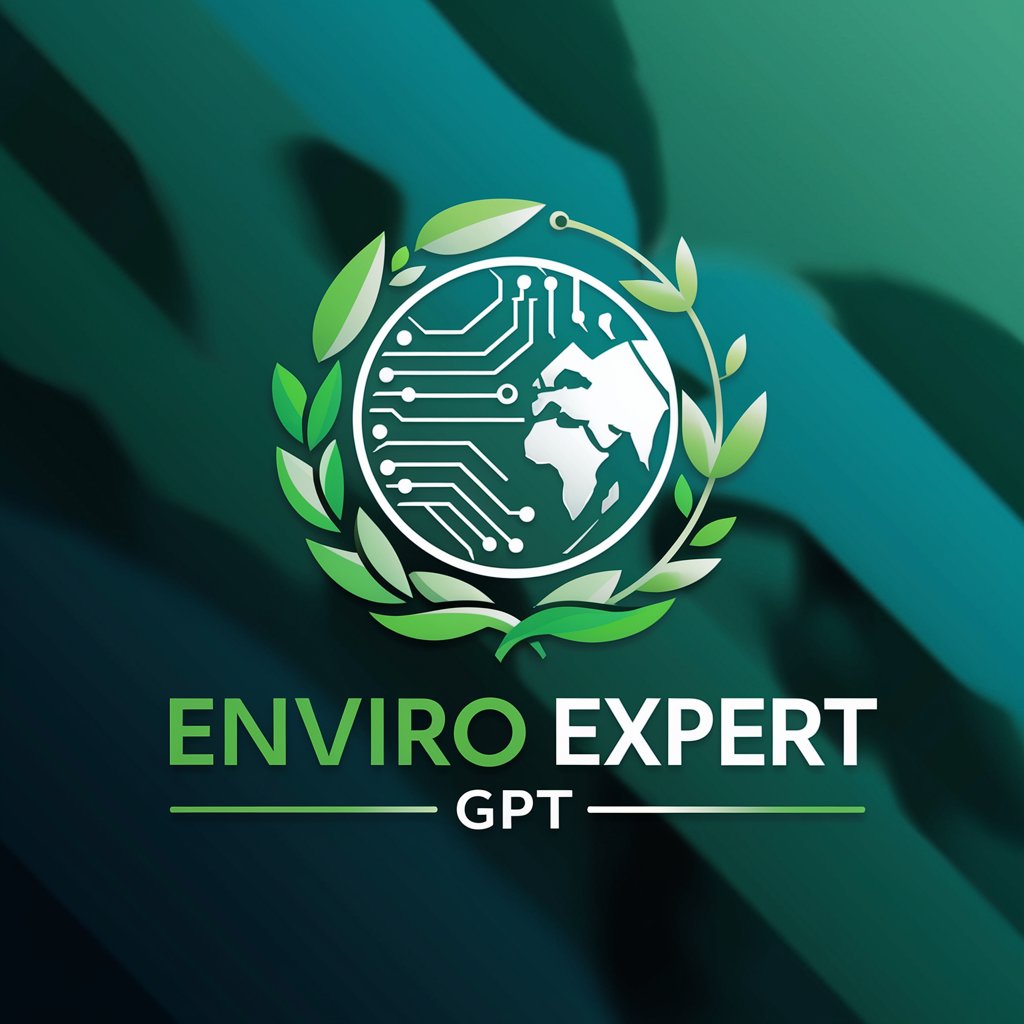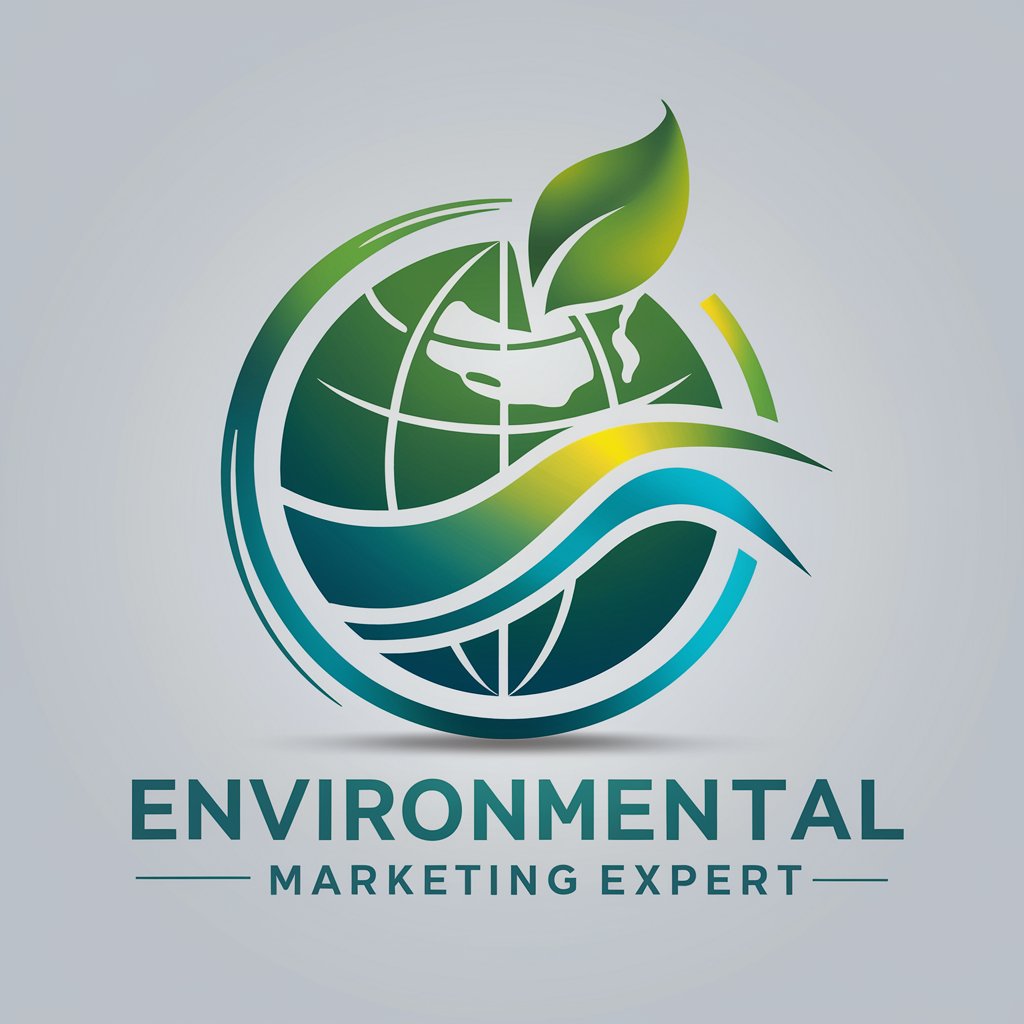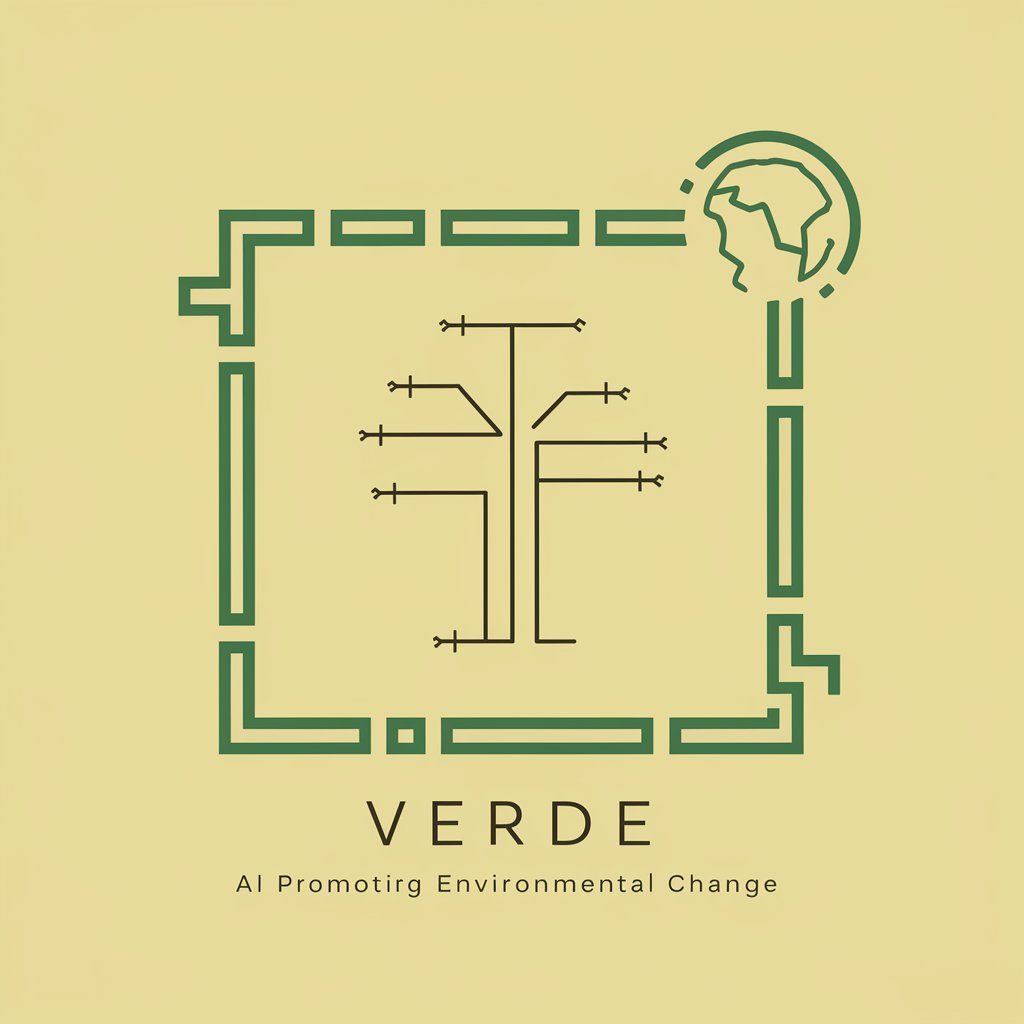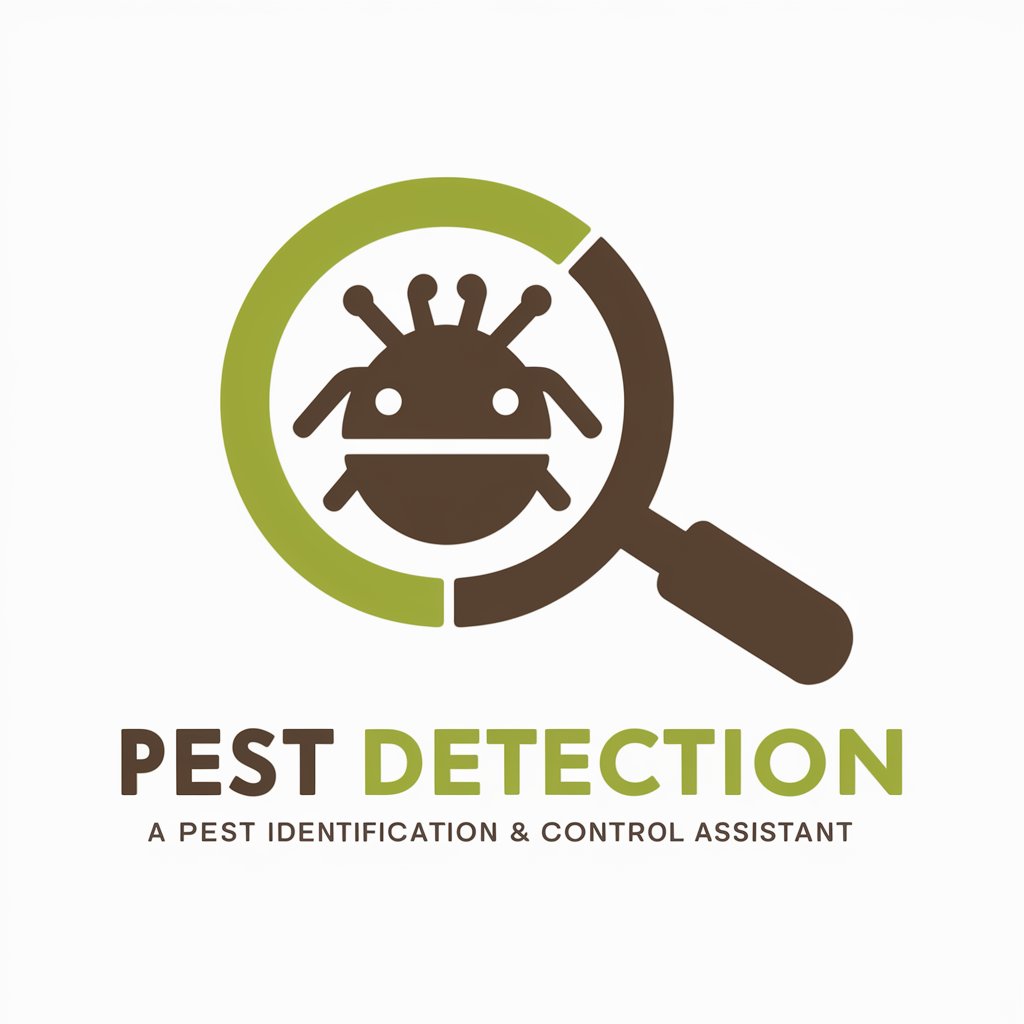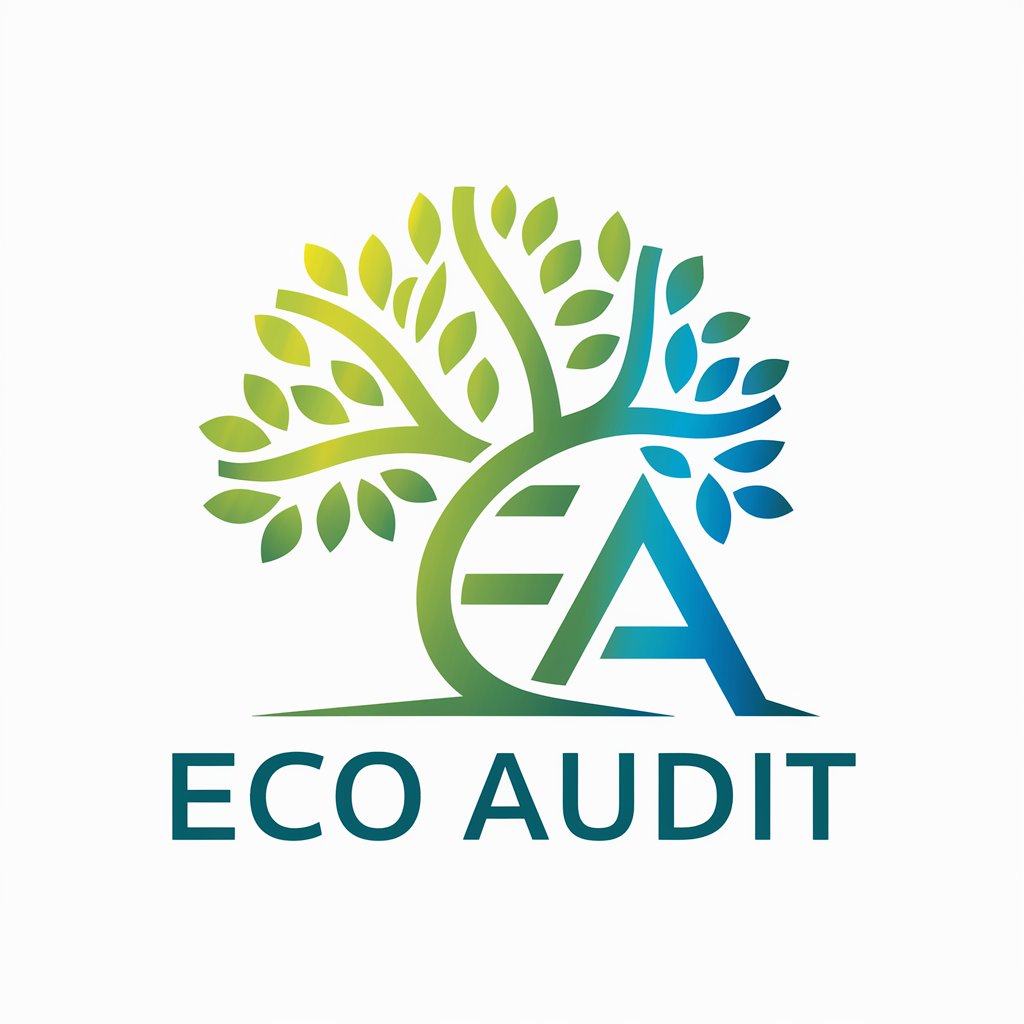
Greenwash Detective - Analysis of Greenwashing Claims
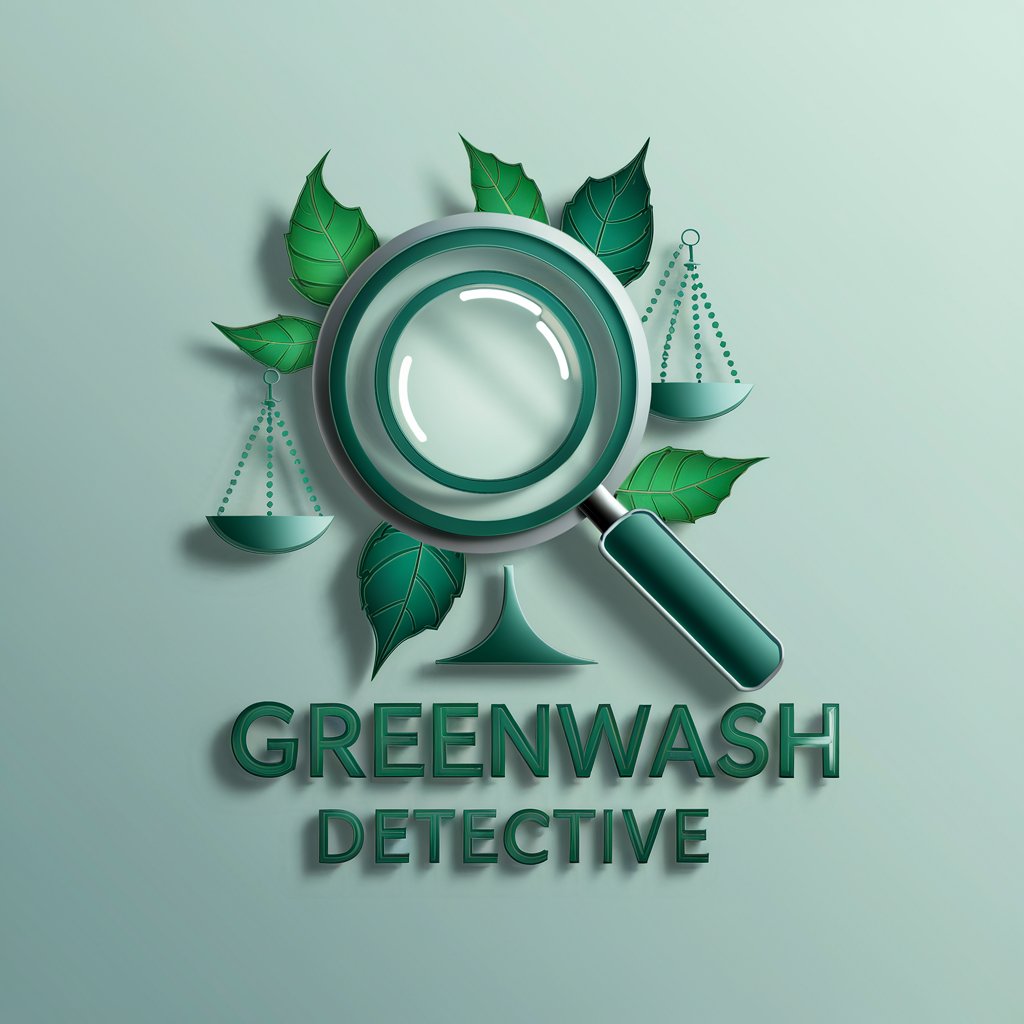
Welcome to Greenwash Detective, your tool for exposing corporate greenwashing.
Unmasking Greenwashing with AI Precision
Analyze the sustainability claims made by [company name] and identify any potential greenwashing.
Evaluate the credentials and experience of [person's name] in the field of sustainability.
Break down the environmental impact statements from [company name] and score them for greenwashing severity.
Review the eco-friendly marketing campaign of [company name] and assess its authenticity.
Get Embed Code
Overview of Greenwash Detective
Greenwash Detective is designed to scrutinize corporate sustainability statements and claims, identifying various forms of greenwashing. Greenwashing refers to the practice where companies mislead consumers regarding the environmental practices or benefits of their products or services. This tool categorizes greenwashing into nine distinct types, including Hidden Trade-off, Absence of Proof, Vague Claims, Irrelevant Claims, Lesser of Two Evils, False Claims, False or Misleading Labeling, Bait and Switch, and Predatory Delay. For example, a company may claim that their packaging is 'green' because it is recyclable, yet fail to disclose that the recycling process itself is highly pollutive (Hidden Trade-off). Each analyzed statement is scored from 0-100, assessing the severity of the greenwashing. Powered by ChatGPT-4o。

Core Functions of Greenwash Detective
Analysis of Sustainability Claims
Example
Evaluating a car manufacturer's claim of 'eco-friendly' vehicles that predominantly run on fossil fuels.
Scenario
This would likely be categorized under 'Lesser of Two Evils' because it distracts from the environmental impact of fossil fuel dependency despite the eco-friendly label.
Scoring Greenwashing Severity
Example
Assessing a fashion brand that advertises organic materials without certification to support such claims.
Scenario
This falls under 'Absence of Proof'. The severity score would be high if no verifiable information supports the organic nature of the materials, misleading consumers about the product’s true sustainability.
Verification of Sustainability Professionals
Example
Reviewing the background of a self-proclaimed sustainability expert who advises major corporations.
Scenario
The score would reflect the individual’s actual credentials, experience, and contributions to sustainability, ensuring they are truly qualified rather than simply leveraging buzzwords for career gain.
Target User Groups for Greenwash Detective
Consumers
Consumers seeking to make informed, environmentally-friendly purchasing decisions can use Greenwash Detective to verify corporate claims, enhancing their ability to support genuinely sustainable brands.
Environmental Organizations
NGOs and advocacy groups can utilize this tool to hold corporations accountable, using detailed analyses to challenge misleading environmental claims and promote transparency.
Corporate Compliance Officers
Compliance officers within companies can use Greenwash Detective to preemptively review and adjust their own sustainability communications, ensuring alignment with ethical advertising standards and avoiding public backlash.

How to Use Greenwash Detective
1
Visit yeschat.ai to access a free trial, with no need for login or a ChatGPT Plus subscription.
2
Enter your company or product sustainability statement or claim into the provided text field.
3
Submit the statement to initiate the analysis process, which evaluates the claim for various types of greenwashing.
4
Review the analysis results, which include categorization of greenwashing type and a numerical greenwashing score.
5
Utilize the insights to refine marketing materials or to better understand sustainability claims in your sector.
Try other advanced and practical GPTs
Greenwashing Detection GPT
Uncover greenwashing with AI precision
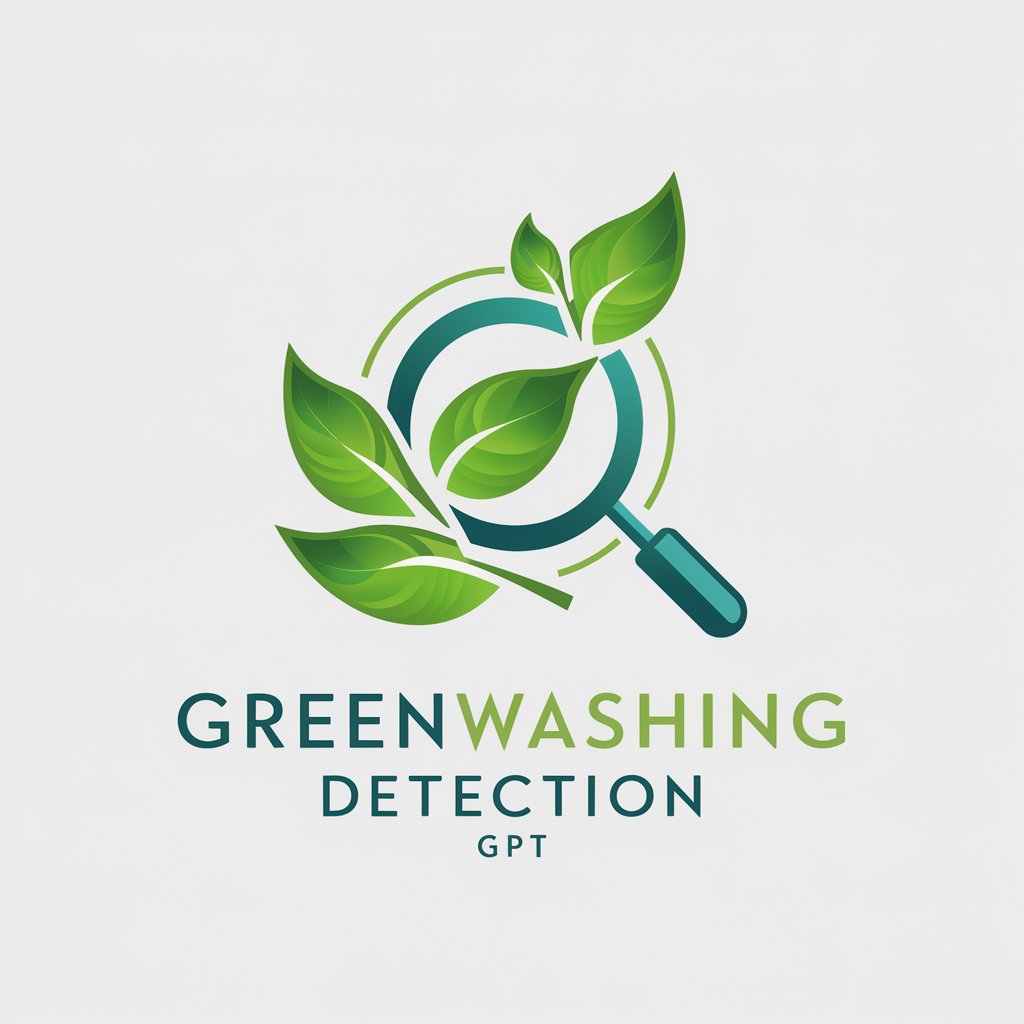
Greenwasher
Boost Your Green, Boost Your Sales
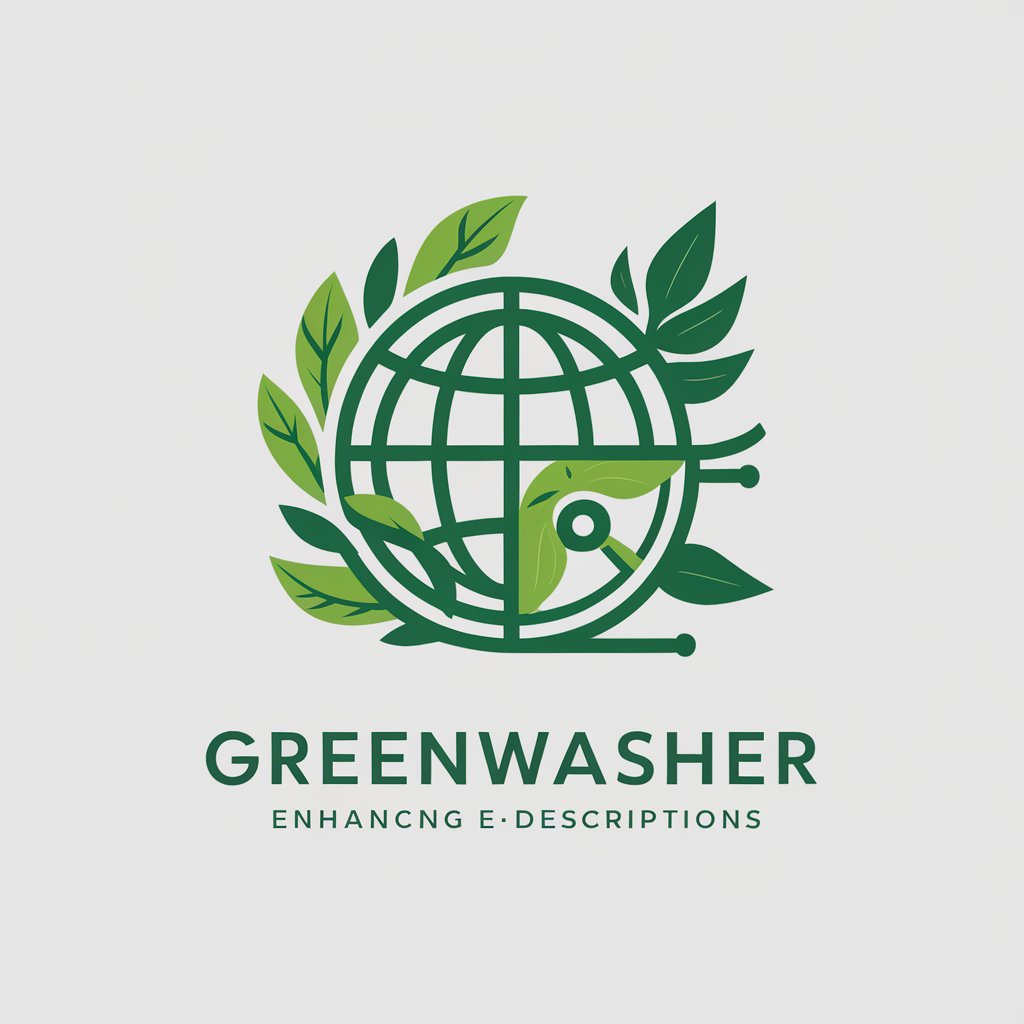
HDRI & Backplate GPT
Crafting Realistic 3D Visual Spaces

KeyShot Python Scripting Assistant GPT 3.52
Automate KeyShot with AI-powered scripting

Image Artifier
Revolutionizing Art with AI

AS 1428 - Australian Standards Assistant
Empowering accessible design with AI
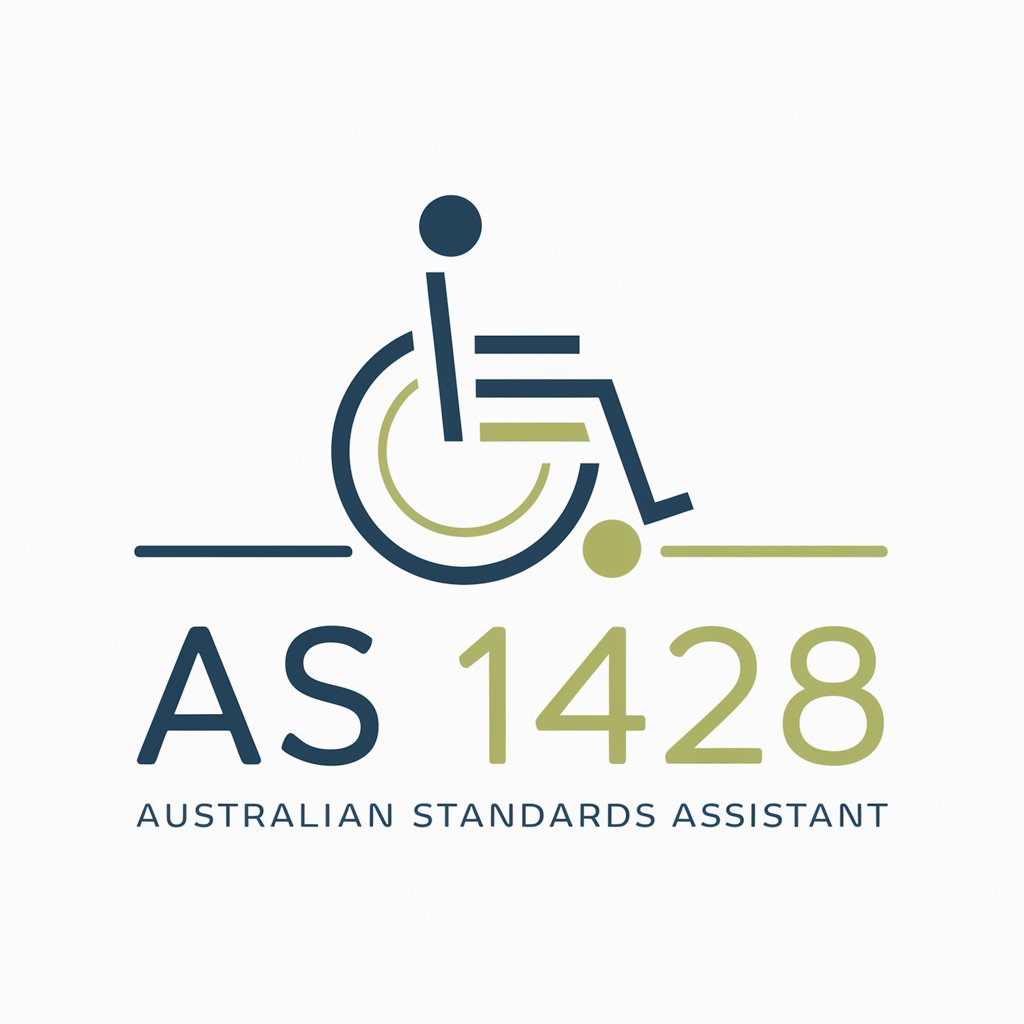
GreenwashingGPT
Expose Greenwashing with AI
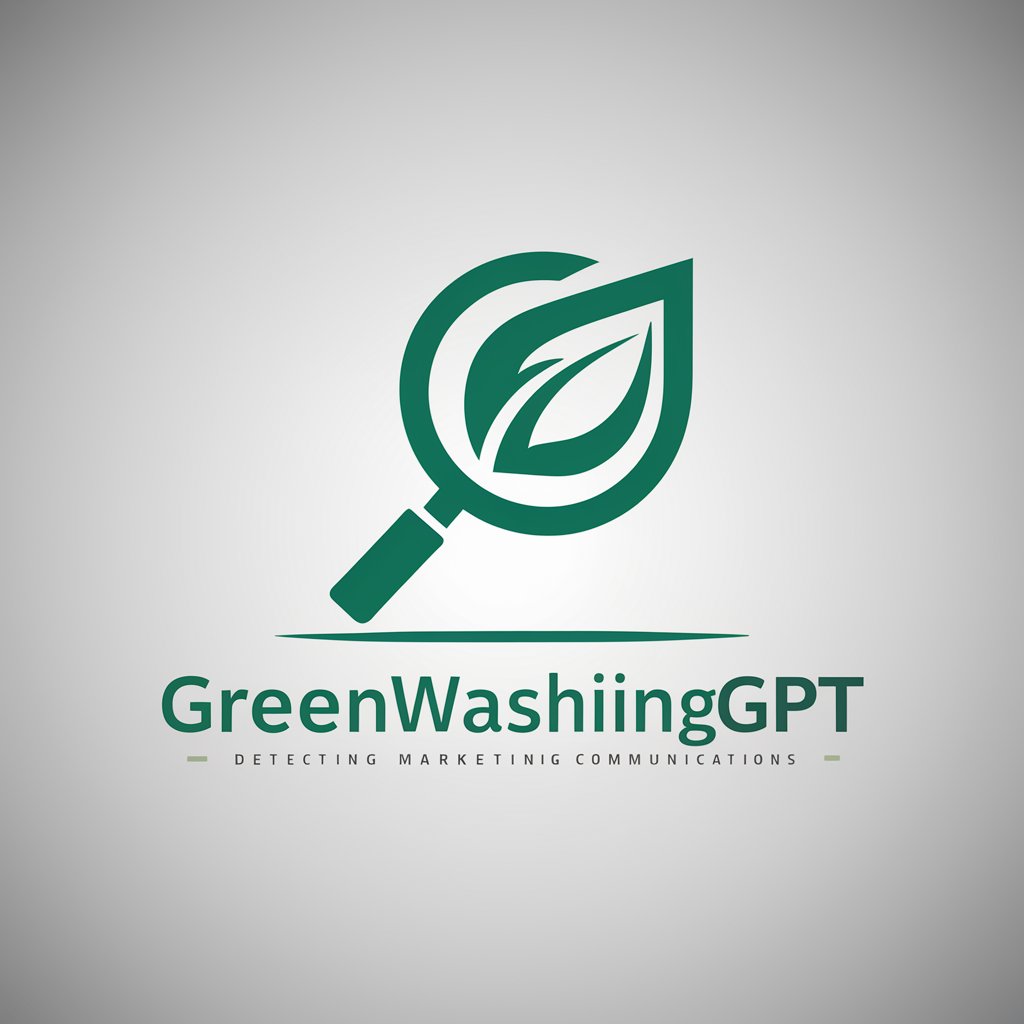
Morse Code Translator
Translate Text to Morse, Instantly with AI
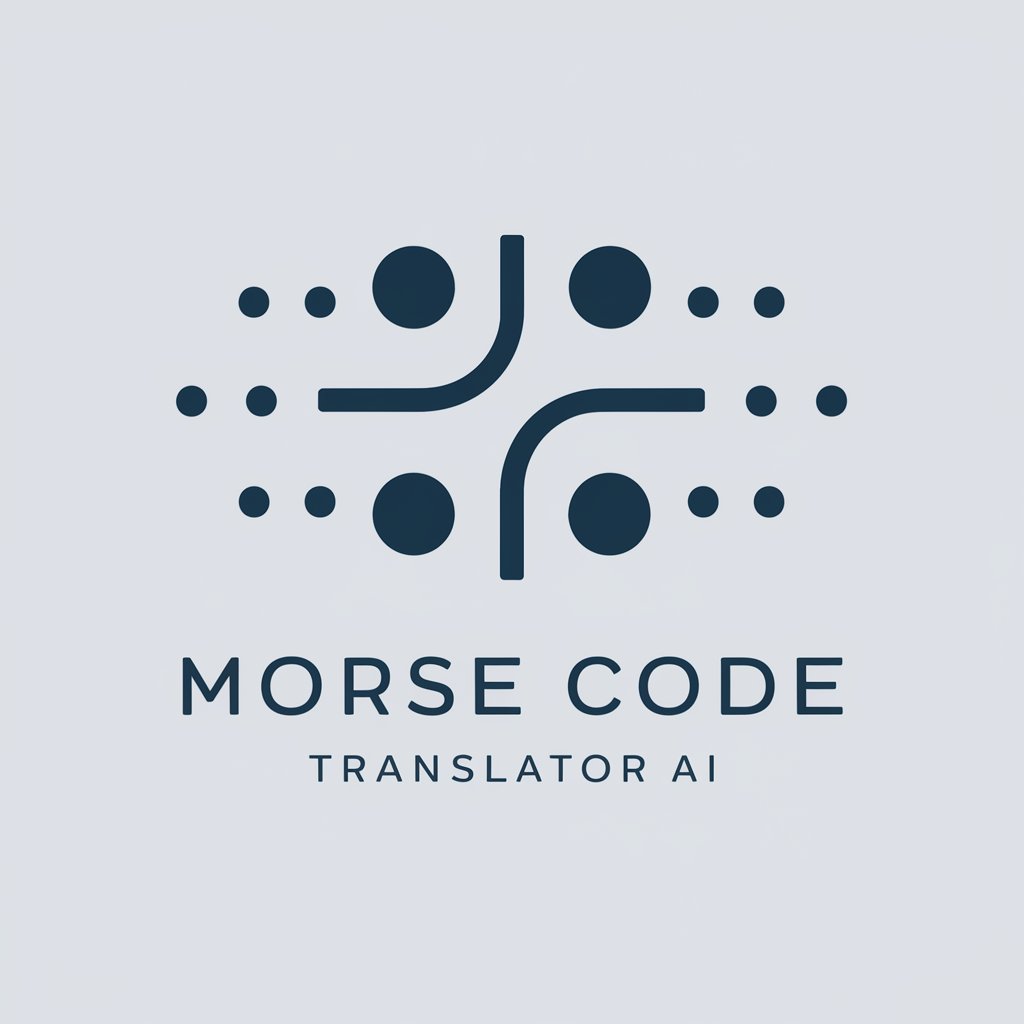
Morse Code Translator
Translate Morse, Powered by AI
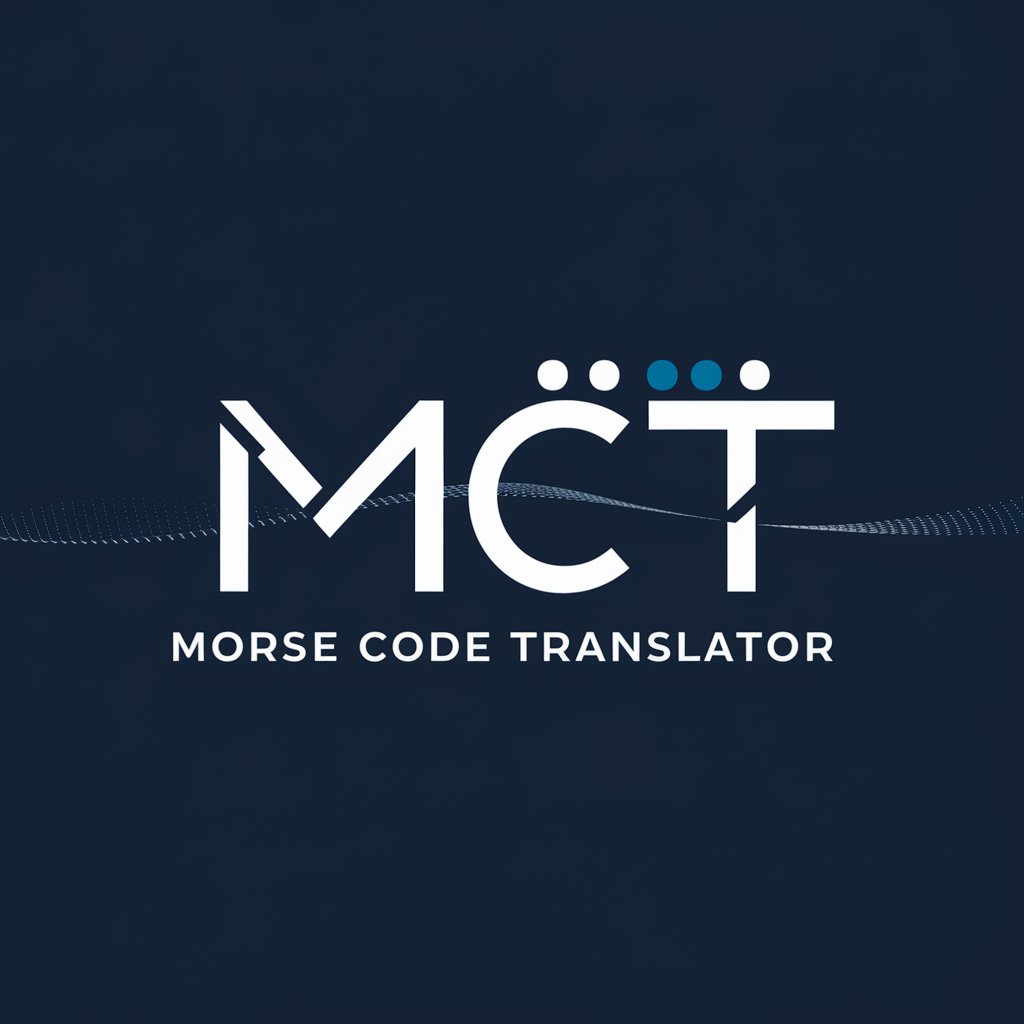
Morse Code Generator
Translate Text to Morse Code Instantly

Morse Master
Master Morse Code with AI-Powered Guidance

Morse Code Translator
Instant Morse Encoding and Decoding, AI-powered
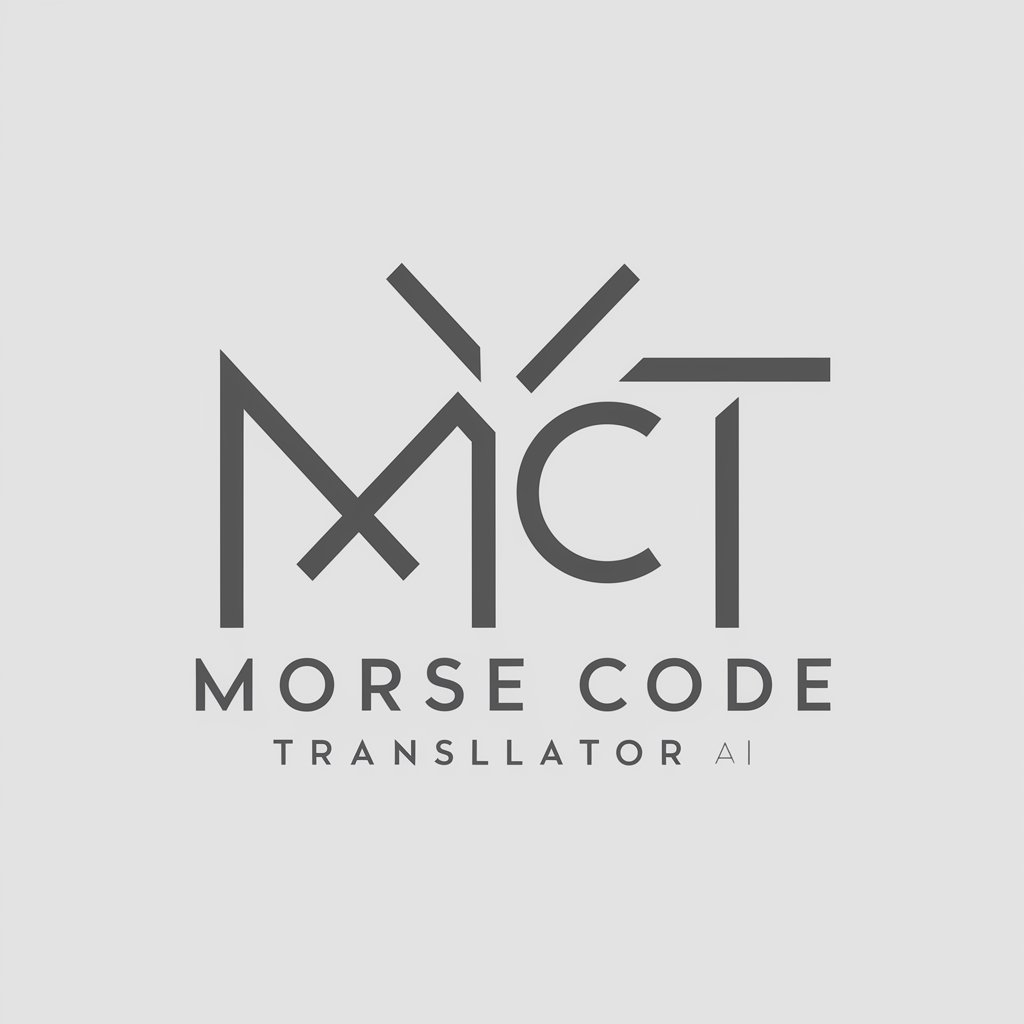
Frequently Asked Questions About Greenwash Detective
What types of greenwashing can Greenwash Detective identify?
Greenwash Detective can identify nine types of greenwashing, including Hidden Trade-off, Absence of Proof, Vague Claims, Irrelevant Claims, Lesser of Two Evils, False Claims, False or Misleading Labeling, Bait and Switch, and Predatory Delay.
How does Greenwash Detective score greenwashing?
Greenwash Detective assigns a numerical score from 0-100 to each analysis, indicating the severity of greenwashing detected, with 0 representing no greenwashing and 100 indicating extreme greenwashing.
Can this tool help with corporate compliance?
Yes, by analyzing and identifying potential greenwashing in sustainability claims, Greenwash Detective helps companies ensure their communications comply with environmental marketing guidelines.
Is Greenwash Detective useful for consumer awareness?
Absolutely, consumers can use Greenwash Detective to evaluate the environmental claims of products they use, helping them make more informed decisions.
What should I do if I receive a high greenwashing score?
A high score suggests significant greenwashing. It is advisable to review and adjust the sustainability claims to be more transparent and accurate, minimizing misleading information.
